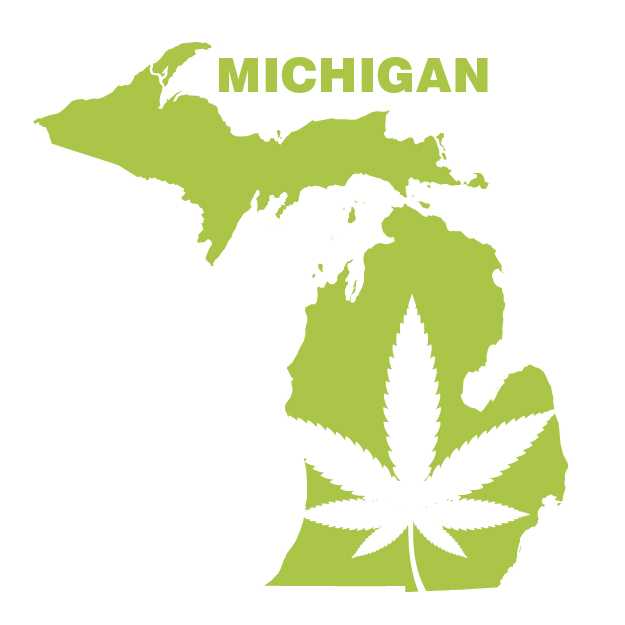Michigan’s cannabis sales revenue soared to a record $115.4 million last month
The medical and recreational cannabis markets in Michigan are thriving. March sales figures indicate record highs for the state, where revenue topped $115.4 million by the month’s end.
According to Headset, a Seattle-headquartered data analytics company, a whopping 1.4 million transactions were logged statewide during the month of March.
Compared to sales that were recorded in March of last year, the most recent figures are more than double. For the month of April, Headset analysts anticipate major growth; likely to be largely stimulated by the recent 420 day celebrations.
The state’s adult-use market kicked off in 2019. Impressively, the program’s first full year saw more than $500 million in transactions.
Michigan’s recreational cannabis market got off to a slow start
Recreational cannabis sales kicked off in Michigan towards the end of 2019 in Ann Arbor. Adult-use cannabis sales have also been permitted in cities like Berkeley, Center Line, Ferndale and Highland Park.
Currently, approximately 260 recreational cannabis dispensaries and 410 medical cannabis retail stores are scattered around the state. Furthermore, analysts made a point of noting that 45 adult-use business permits and 46 medical business permits have been awarded for 2021.
With more businesses set to open their doors this year, Michigan’s cannabis market is sure to swell drastically in the coming months. Nonetheless, fewer than 100 of the state’s 1,764 communities have opted in for adult-use cannabis sales so far.
Detroit’s “legacy” process for cannabis business license applicant’s is on hold
Not so long ago, longtime city residents were informed that they would be able to have their cannabis business license applications prioritized ahead of other applicants. However, what has been dubbed the “legacy” process was recently put on hold by a federal judge.
Prior to the announcement, almost 400 Detroiters managed to prequalify. This meant that they would be able to have their proposals reviewed ahead of anyone else. Not only this, but longtime residents would have been offered a discounted start-up fee, thus relieving them of the financial burden associated with establishing a cannabis business.
Unfortunately, “legacy” applicants will need to wait a little longer. Individuals who qualify for the Detroit Legacy program must have either:
- Resided in the city for 15 of the last 30 years;
- Resided in the city for 13 of the last 30 years and be considered a “low-income resident”;
- Maintained city residential status for 10 of the last 30 years and have a cannabis conviction.
The competition is fierce for recreational cannabis retail license applicants in Detroit. Just 75 licenses are up for grabs and around half will be reserved for legacy Detroiters. Cannabis lobbyists say that this tactic will ensure the maximum amount of industry equity.








